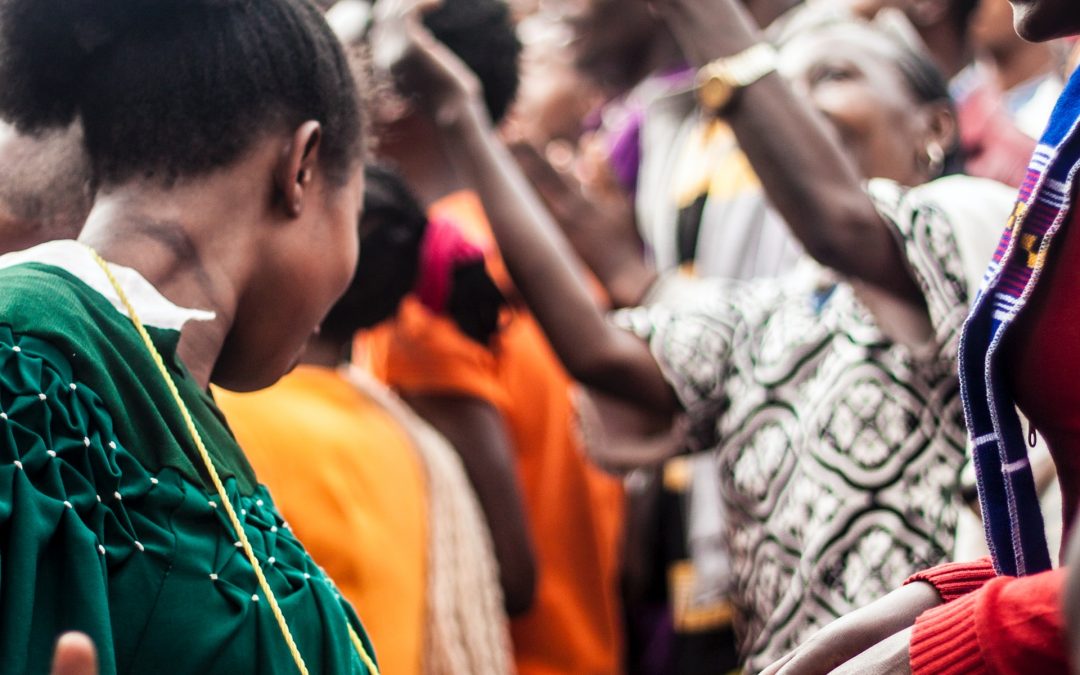Today’s blog post was a newsletter written by Christian Howes, my new mentor for the re-structuring of my violin teaching.
I’m going to address an important and widely misunderstood subtext of music education.
Warning– While I’m not going to take a political position, some may feel strongly about it. I have no way to determine whether it is relevant for you.
If you would prefer to not take a chance, close your email now!
VENUS and MARS- THE DILEMMA:
Imagine- Someone you love is in peril. They will die unless you raise a million dollars very soon.
You can steal diamonds to raise money, and you won’t get caught.
Would you steal the diamonds?
———
This dilemma was posed in a psychological study 100 years ago.
- Most men responded “yes”.
- Most women asked for the question to be reframed. They did not want to answer yes or no.
These results were used as a basis of proof for the widely held belief at the time among professional psychologists that women have an inferior sense of morality.
That argument made sense in accordance with the view that morality is defined in the context of a hierarchy of rights. According to this, your right to save a dying person is higher on the ladder than the right of the owner of the diamonds to keep their property.
Scholars pointed out that a hierarchy of rights is a patriarchal construct. Men generally see their place in the world on a ladder of one-up/one-down (status/power/rights). Women (generally) see the world as a web of interconnectedness, placing responsibility/empathy above power/status/rights.
Women’s differing world views caused them to respond differently to the dilemma because they have a different sense of morality; not an inferior one.
By defining morality in a specific way, the field of psychology knowingly or unknowingly weaponized the definition of morality to subjugate women.
For psychology to correct itself, the language around morality and the systems built upon this language needed to be dismantled.
Do you follow this? If not, maybe read it again, because understanding what happened 100 years ago is important for understanding a debate people in America are having right now, 100 years later.
Like the field of psychology, music education is informed by patriarchy and European colonization.
“Formal training” around bowed string playing and classical music have been posed in a white frame, much like the study of psychology conformed to a male frame 100 years ago.
In order to correct music education- like the field of psychology was corrected to no longer claim that women are inferior- the language, standards, objectives, and methodology of music education can be dismantled, redefined, and reimagined.
A similar debate around education, in general, is currently playing out w/ regard to Critical Race Theory in the U.S.
The Dilemma above illustrates an example of how one can understand some of the ideas within critical race theory as they apply to gender. But let’s look at how critical race theory might play into understanding Music Theory and Music Education.
Music education, like psychology, has relied on a narrow view of music and, in the process, subjugated other views. Specifically, music education and music theory are Eurocentric.
Proof: part of why you read my emails or watch my videos is to learn things that you weren’t taught in classical training. These skills were invisible to you. The reason they were invisible is that they were deemed unimportant by teachers, textbooks, and basically no one taught us this stuff if we played a bowed instrument. Because our field emphasizes European-derived musical values at the expense of others.
What would it look like to do things differently?
Start by considering this statement: ” All American music is Black American music”.
Country, Rock, Pop, Appalachian…… not just Jazz, Gospel, and Blues.
Before you spit out your coffee or cuss me out, this is not claiming that these forms of music were Solely created by Black Americans, or that white people have no right to play or teach them.
In the same way that to say “believe women”, or “Black Lives Matter”, is not saying “don’t believe men” or “white lives don’t matter”.
The statement, “all American music is Black American music”, is not an attack on me or you.
It could be a cause for celebration. A righteous and joyful expression of love.
Acknowledging we are influenced by racism, sexism, etc., could similarly be an expression of Love.
Because we want to love more than we want to hold onto things we’ve been taught to believe- so much that we are willing to experience uncomfortable conversations about race, gender, class, etc.
You don’t have to agree with me. But it’s my job as a teacher to offer what is true for me.
There are many non-male, non-white scholars who have written on these subjects far more credibly than me. Try a free Facebook Group called “Decolonizing the Music Room“.
The point of my sharing is:
1. Method behind the madness. This is an important subtext of how I look at music and everything I teach. It’s only fair that I share it straight with you. When you ask me “how do you play that sweet Jazz lick that way”, this is part of the answer. I could go into how I’ve explored this for 30 years, but it would not be immediately relevant.
2. Credit where credit is due. i.e. to the musicians who shared their perspectives with me and helped me broaden mine. I could not teach or play what I do without the generosity of the people who educated me.
3, Encouraging you. Listen and Engage in uncomfortable conversations. Join a jam. Go to a different church or coffee shop. Make friends with the rhythm section. Open yourself to learn from people in any musical context, without trying to prove anything other than that you are open to Listen.
The theme of the 2022 American String Teachers Association national conference is “Celebrating Diversity”.
I understand how many may feel an aversion to this conversation and/or wish it would go away. I’m not “comfortable” with this conversation. But I’m more comfortable with it than I used to be. It starts with being open to the possibility.
We have the opportunity to lean in without guilt, without being defensive- for the purpose of growing individually and collectively.
We get to summon a loving awareness, aka a deeper listening.
Listen to show compassion for others.
Listen to your own pain and stress to show compassion for yourself.
Listen beyond your defensiveness to uncover fear.
Soothe that fear and find Love.
Music is about learning to become better friends with ourselves. From that, we can more fully connect with others.
It’s all personal development. “It starts with becoming a better friend to yourself.”
(My therapist told me that…)
Talk soon,
Chris
P.S.- Got strong feelings about this, good or bad? Either way, I’m open to receiving your feedback.
Image by Matthew Spiteri on Unsplash
 Copyright secured by Digiprove © 2021 Ellen Clarke
Copyright secured by Digiprove © 2021 Ellen Clarke 

Recent Comments